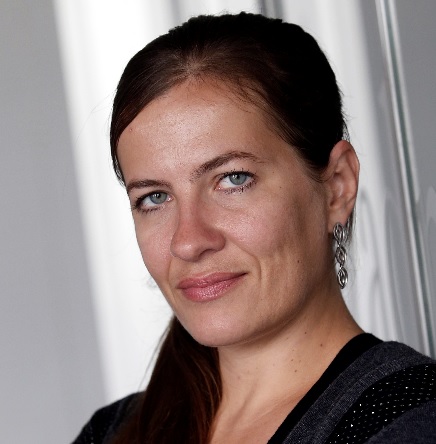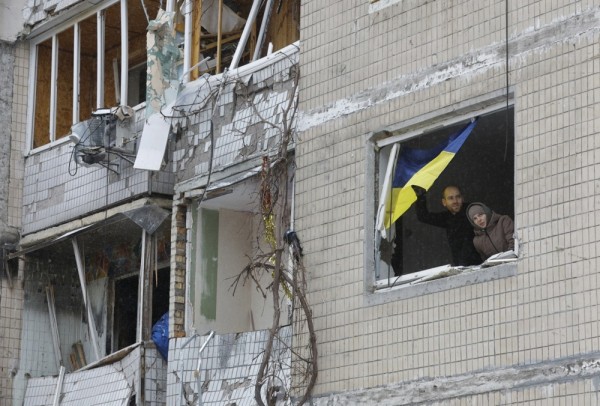A Slovenian journalist accused of publishing classified state intelligence will now stand trial, a judge in Ljubljana ruled this week after more than a year and a half of deliberation.
Anuška Delić, an investigative reporter for Delo, a leading Slovenian daily, is charged with violating Article 260 of the Slovenian Criminal Code on the dissemination of classified information. If convicted, she faces up to three years in prison. According to Delo, a pre-trial hearing has been set for mid-October.
The charges relate to a series of articles Delić wrote shortly before Slovenian parliamentary elections in 2011 in which she discussed alleged connections between the Slovenian neo-Nazi group Blood and Honour and members of the Slovenian Democratic Party (SDS). Despite the ensuing scandal, the party placed second in the elections, but assumed power under Prime Minister Janez Janša after the first-place party failed to form a coalition. The SDS later lost power in 2013, and currently sits in opposition.
The Slovenian Intelligence and Security Agency (SOVA) – which had been investigating right-wing extremism in Slovenia following the Anders Breivik shootings in Norway in 2011 – claimed afterward that information Delić used for her report had been illegally acquired from its files, prompting a criminal inquiry. Delić was eventually indicted in April 2013.
The indictment, however, remained sealed until this week. According to Delić, the document reveals that prosecutors had previously sought a warrant to access her phone records in an effort to uncover the source of her information within SOVA. A court apparently denied the request. Further details of the indictment were published today in Delo.
Speaking to IPI, Delić expressed “relief” at finally having access to the indictment.
“After reading it, I still believe this trial is foremost a case of political prosecution of me, because I am the journalist who uncovered the existence of neo-Nazi members within one of the major political parties,” she said. “It is an abuse of the institute of criminal prosecution for political gains. The indictment, in my view, is a sham and its only goal is trying to get to my sources.”
The International Press Institute (IPI) and its affiliate, the South East Europe Media Organisation (SEEMO) today expressed serious concern over Delić’s prosecution and said that they were following developments in the case closely.
“In the first place, we are troubled that it has taken Slovenian prosecutors and courts so long to describe and process the charges against Ms. Delić,” IPI Press Freedom Manager Barbara Trionfi said. “To allow unresolved accusations of such a serious nature to loom over a journalist in this manner is totally unacceptable.
“Secondly, we are indeed deeply sceptical of the case against Ms. Delić itself and we urge prosecutors to drop the charges without delay. Journalists have a right to report on questions of public interest – as the topic of Ms. Delić’s reporting obviously was – and we struggle to see what compelling state interest justifies this prosecution. Furthermore, it goes without saying that while an intelligence agency may understandably wish to locate the source of a leak, it may not do so by pressuring or harassing the media.”
SEEMO Secretary General Oliver Vujović added: “I am concerned that a case like this is occurring in the EU, which should act as a positive example of press freedom for other countries. With this case, both Slovenia and the EU are sending the wrong message.”
Trionfi noted that the free expression rapporteurs of the U.N., the Organization of American States and the Organization for Security and Co-operation in Europe stated in a 2004 joint declaration on public secrecy laws that “journalists and civil society representatives should never be subject to liability for publishing or further disseminating [legally secret] information, regardless of whether or not it has been leaked to them, unless they committed fraud or another crime to obtain the information”.
The declaration also called on states to “indicate clearly the criteria which should be used in determining whether or not information can be declared secret” and established that whistleblowers should be protected from criminal liability if they acted in “good faith”.



